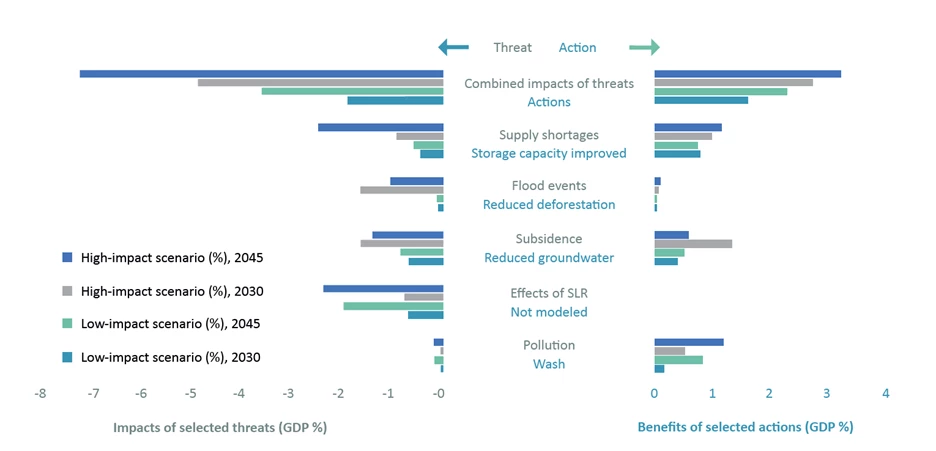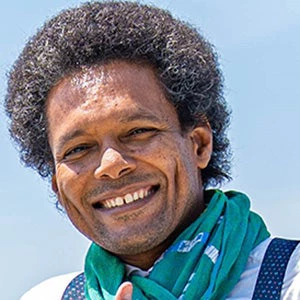Also available in: Français
The Malian diaspora counts between four and six million people, many of whom have benefited from a good education and rich experiences, that could help develop high-potential businesses in their home countries.
However, starting and running a business in Mali isn’t easy. That’s why Pape Wane, a Malian reality TV producer, decided to partner with local business incubators to launch the Diaspora Entrepreneurship competition in order to identify, promote, and support members of the diaspora community who can seize business opportunities in Mali, while also understanding the unique challenges of the local ecosystem.
Using the codes of reality TV, the competition has strived to resonate with Mali’s youth by increasing their awareness of entrepreneurship’s potential to address the country’s socio-economic challenges.

As Aissata Diakité, winner of the first edition of the competition, put it: “I’ve always been passionate about agribusiness; Diaspora Entrepreneurship has been a fantastic opportunity to officially launch my startup in Mali. The diaspora can be a potent force for Africa's development, it should invest more in promising sectors.”
Aissata’s company, Zabbaan Holding, which produces and sells fruit juices made with traditional Malian recipes, has already generated hundreds of direct and indirect jobs and created a market for many producers.
This year, for the second installment of the competition, Diaspora Entrepreneurship launched a wide call for proposals and brought together a panel of experts to select the best candidates.
The World Bank supported the initiative by coaching the jury throughout the competition. “The support the Bank provided was instrumental for maximizing the talent among our pool of finalists and in lending credibility to our initiative,” said Pape Wane. “The Bank team’s confidence in us was a crucial source of motivation as we prepared for the competition, which in and of itself is an entrepreneurial project with its own highs and lows.”
Out of 153 candidates, 10 were invited to the finals held in Bamako in July and August, which were also televised in a five-part special series on Mali’s national broadcasting channel, reaching millions of viewers.
The finalists benefitted from intensive coaching to prepare for their start-up pitch as well as technical questions developed to evaluate individual ability, grasp and knowledge of the project, value proposition, and business plan.
Pitching his idea enthusiastically, Mamadou Sidibé said, “Current social media platforms aren’t suitable for the African context where our oral tradition has resulted in populations that speak a multitude of languages, while at least half of those same people are illiterate. This is why I developed my Lenali app, the first entirely vocal social network that speaks local languages and is already tailored to local conditions.”
Samasse Traoré, founder and director of the Bâtir Durable start-up, won this year’s edition of the competition. His project convinced the panel, particularly thanks to its potential to facilitate Malians’ access to property and improve the government’s ability to create new schools, health centers, and other public infrastructure.
“Once our operations have started, we could significantly reduce the cost of all kinds of construction in Mali by as much as 20 to 40 percent, using local, sustainable materials that are conveniently sourced and environmentally friendly.”
Given the potential of these entrepreneurs, Hassan Ouastani, director of the International Bank for Mali, one of the competition’s strategic partners and considering himself “an engaged citizen banker”, provided more than US$ 800,000 in credit to six of last year’s finalists and intends to finance this year’s winners with up to US$ 1.5 million.

“In order to generate the kind of sustainable growth these projects need, entrepreneurs must be coached, accompanied, and monitored if they are to avoid the many pitfalls, many of which can prove insurmountable, that last year’s winners encountered despite the financial support they received,” said Ouastani. “It’s all the more essential that they adapt to the reality on the ground in Mali, which of course is their country of origin, but they still left a long time ago.”
Considering these challenges, the World Bank has decided to finance a nine-month technical support program that will be implemented by a consortium of three business incubators based in Bamako: DoniLab, Jokkolabs, and Teteliso. These organizations will support their incubees from market research to the legal and physical establishment of their businesses.
“Diaspora Entrepreneurship’s effectiveness lies in the synergy the organizers of the competition have established between financial partners, supporting institutions, and incubators; it’s a real case study on how to build a suitable ecosystem for high-growth entrepreneurs,” said Soukeyna Kane, World Bank Country Director for Mali, Guinea, Niger, and Chad.



Join the Conversation